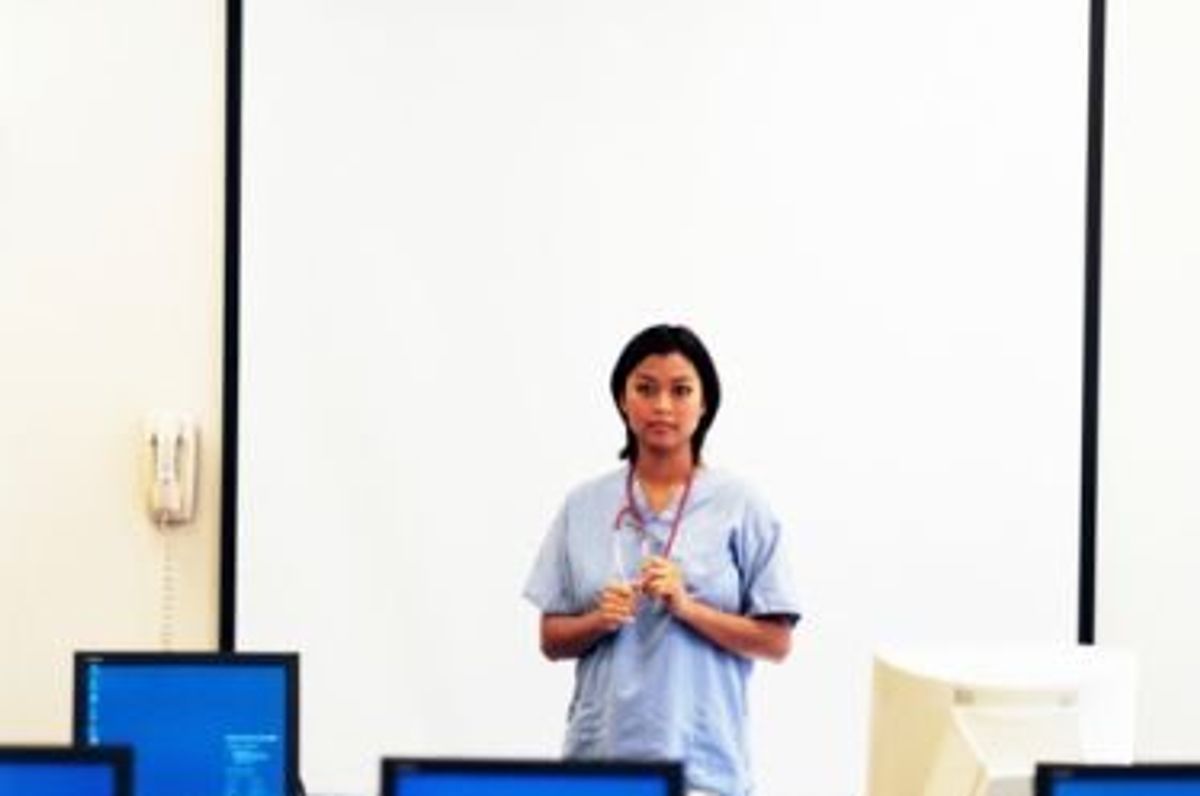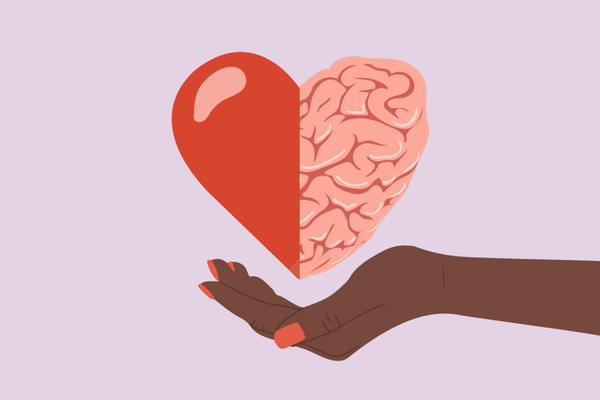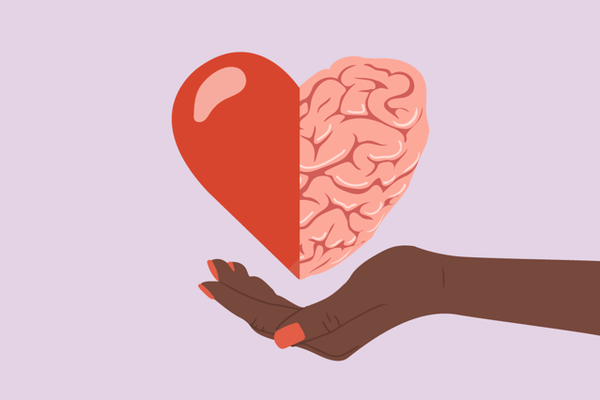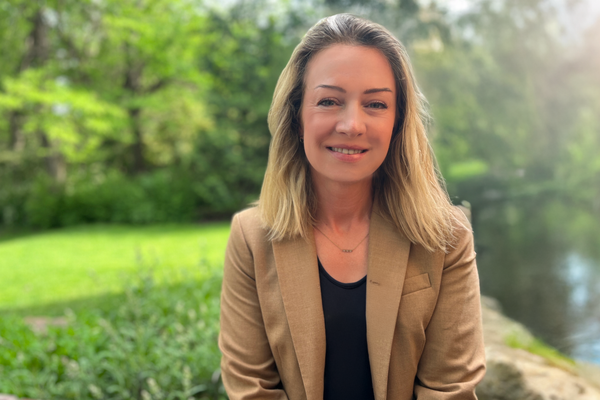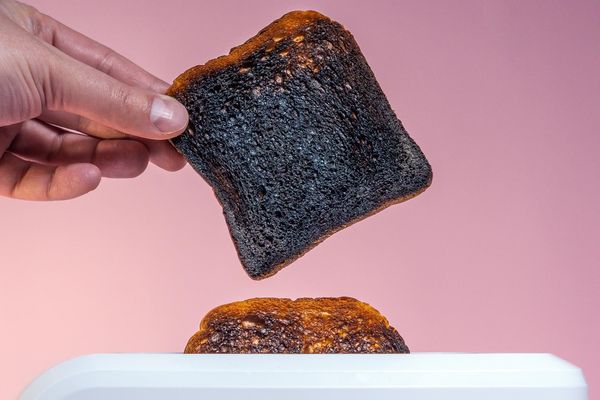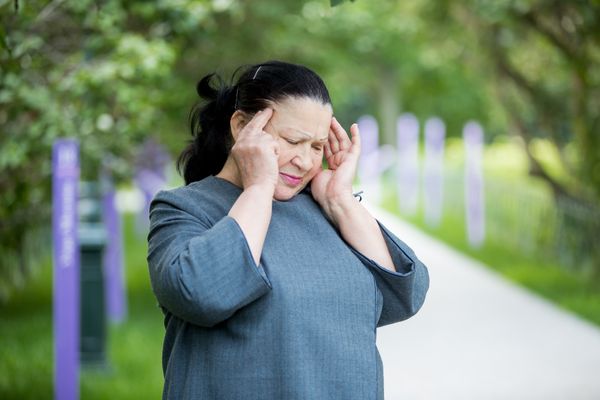I was shocked when my son told me about his friend who, at age 24, had suffered a stroke. Since then, I've been more aware of the fact that you don't have to be anywhere near elderly for strokes to happen. That's what I always thought – that strokes were for much older people; people who smoked, were overweight and all in all, did not live healthy lives.
Not so true.
Another case in point: Beau Biden, the son of the Vice President who, at 41 and in seemingly tip-top shape, had a mild stroke this week. Fortunately by all indications, he's going to make a full recovery. Doctors haven't figured out what caused Biden's stroke, but what they do know is that mild strokes could be caused by a number of things, including a blockage that ensues from a tear in the wall of one of the major arteries that leads to the brain. What accounts for this? It can be a structural abnormality or a sudden twisting movement (like whiplash, or even a tennis serve or other physical activity).
Scary, isn't it? What is even more frightening is that strokes at younger ages are more common than most of us realize – 10 to 15 percent, in fact. for people younger than 45.
If you're reading this and don't know all that much about the risks or symptoms of strokes, you're hardly alone. But what you don't know can absolutely hurt you. The best thing you can do for yourself is to be aware of the symptoms and get immediate attention. It could be the difference in surviving or not; it could mean no disability or lingering after-effects vs. a lifetime of resulting speech, memory or mobility problems.
Each year, 55,000 more women than men suffered strokes. That's partly a result of our longer life expectancy (yay, us!), but also because we’re not familiar with the warning signs.
An interesting and helpful survey was done recently. When healthywomen partnered with the National Stroke Association and the American College of Emergency Physicians, they found that women may be dramatically underestimating their risk and warning signs. For every minute the brain is deprived of oxygen, it may lose up to 1.9 million brain cells, says Angela Gardner, M.D., President of the American College of Emergency Physicians.
Do you know the six symptoms of a stroke? (I didn't).
- Sudden numbness or weakness on one side of the face, or facial drooping
- Sudden numbness or weakness in an arm or leg, especially on one side of the body
- Sudden confusion, trouble speaking or understanding speech
- Sudden trouble walking, dizziness, loss of balance or coordination
- Sudden severe headache with no known cause.
Another surprising finding: Women in the survey believed that breast cancer is five times more prevalent than stroke. But in truth, women are twice as likely to die from stroke as from breast cancer, according to James Baranski, CEO of the National Stroke Association.
Here's a quick screening tool to identify stroke symptoms that is easy to remember…just think of the word "FAST":
- Face – Ask the person to smile; does one side of the face droop?
- Arms – Ask the person to raise both arms; does one arm drift downward?
- Speech – Ask the person to repeat a simple sentence; are the words slurred? Can they repeat the sentence correctly?
- Time – Time is important if the person shows any of these symptoms. Call 911 or get right to the hospital!
Can strokes be prevented? It might be more realistic for some than for others (family history and age are strong contributors to stroke risk). That doesn’t mean, though, there are not things within your power to help control the risk of stroke:
- Keep medical conditions like high blood pressure, diabetes, heart disease, atherosclerosis and high cholesterol well under control.
- Eat a heart-healthy diet, low in saturated fat, calories and sodium.
- Walk, exercise – just move!
- Keep your weight – and waistline – under control (a waistline above 35" is a big no-no).
- Give up the cigarettes. Plain and simple. Just stop.
- Re-think your hormone replacement therapy or birth control pills. These can both increase your risk of blood clots.
Want to learn more?
More on strokes from healthywomen.
Stroke information from the National Institutes of Health.

